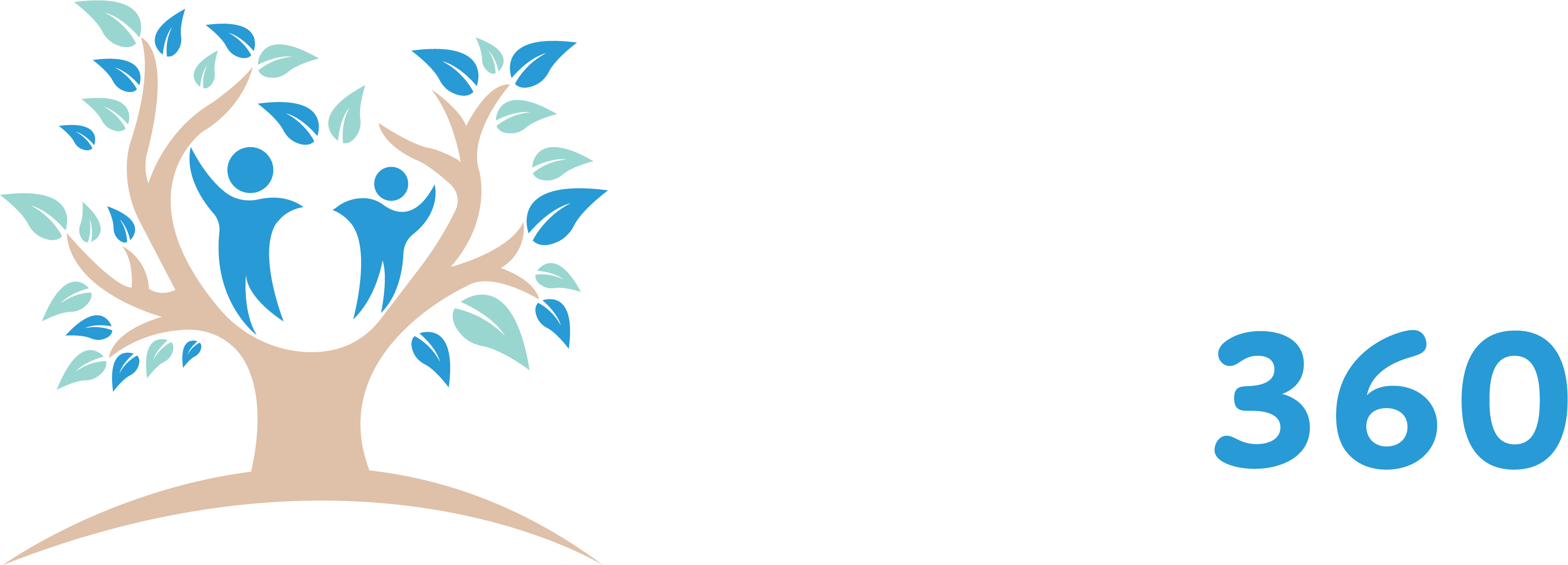Research

Cultivating Cultural Competence in Early Childhood Education

One key aspect of cultural competence in early childhood education is recognizing and valuing the linguistic diversity of children and their families. This includes supporting the use of home languages in the classroom, providing bilingual education and translation services, and valuing and promoting multilingualism in children. By supporting the use of home languages in the classroom, educators can help children maintain their cultural identities, while also promoting cognitive development and language acquisition.
Another important aspect of cultural competence in early childhood education is recognizing and valuing the cultural practices, beliefs, and traditions of children and their families. This includes incorporating diverse cultural perspectives into the curriculum and teaching materials, and creating opportunities for children to share and learn about their cultural heritage. By valuing and promoting cultural diversity in the classroom, educators can help children develop a positive sense of self, while also fostering mutual respect and understanding among children from different cultural backgrounds.
Cultural competence in early childhood education also involves recognizing and addressing the ways in which systemic racism and discrimination can impact children and their families. This includes examining and addressing biases and stereotypes in the curriculum and teaching practices, and creating an inclusive and equitable learning environment for all children. By recognizing and addressing these issues, educators can help ensure that all children have an equal opportunity to succeed in school and in life.
To cultivate cultural competence in early childhood education, educators must be committed to ongoing learning and professional development. This includes staying informed about the latest research and best practices for working with diverse populations, and engaging in ongoing self-reflection and self-evaluation. Educators must also be willing to seek out and actively involve families and community members from diverse cultural backgrounds in decision-making and program planning.
In conclusion, cultivating cultural competence in early childhood education is essential for creating inclusive and equitable learning environments for all children. By recognizing and valuing the linguistic and cultural diversity of children and their families, promoting multilingualism, valuing cultural practices, beliefs, and traditions, addressing systemic racism and discrimination, and committing to ongoing professional development, educators can help ensure that all children have an equal opportunity to succeed in school and in life.
Start using Personhood360 for free!
Access all Personhood360 features for 30 days, to see how Personhood360 can add value to your early childhood centre.
Or compare plans from $2.45 per child/month
![]() Cancel any time
Cancel any time![]() Online Support
Online Support
